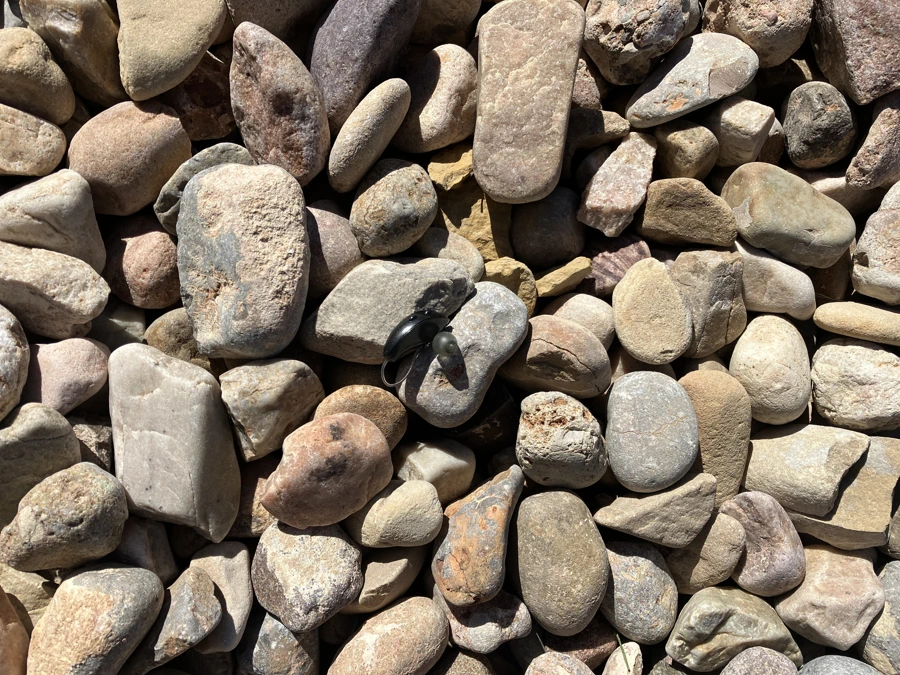Losing a hearing aid can be a frustrating experience, especially if it is an expensive device. While it’s always best to take precautions to prevent losing your hearing aid in the first place, accidents can happen. If you have misplaced your hearing aid and suspect it may be dead, there are several steps you can take to increase your chances of finding it. In this article, we will discuss some effective methods to locate a lost, but dead, hearing aid.
Retrace Your Steps
The first step in finding a lost hearing aid is to retrace your steps. Think back to the last time you remember wearing it and try to visualize your movements. Check the areas you visited, such as your home, workplace, or any other frequented locations. Pay particular attention to places where you may have removed the hearing aid, such as the bathroom or bedroom.
It’s helpful to break down the search area into smaller sections and thoroughly examine each one. Take your time and be thorough in your search. Look under furniture, behind cushions, and in corners where the hearing aid may have fallen unnoticed. Using a flashlight can be particularly useful in dimly lit areas.
If you are unable to find the hearing aid by retracing your steps, it’s time to consider other methods.

Utilize the “Find My Hearing Aid” Feature
Many modern hearing aids come with a “Find My Hearing Aid” feature, which can be accessed through the hearing aid’s companion app. This feature requires that you have downloaded the app and connected it to your hearing aid prior to losing it. Even if your hearing aid is dead, the app can provide information about the last location where your hearing aid was connected to your cell phone. While it may not pinpoint the exact location, it can give you an indication if you are looking in the right area.
Check your cell phone and open the hearing aid app. Look for the “Find My Hearing Aid” or similar options within the app. Follow the instructions provided to locate the last known connection point between your hearing aid and your cell phone. This can narrow down your search area and provide some peace of mind knowing that you are looking in the right direction.
Getting a Replacement Hearing Aid Under Warranty
If your lost hearing aid is still under warranty, you may have options for obtaining a replacement. Most hearing aid manufacturers offer a one-time loss and damage policy as part of their warranty. These policies typically cover accidental loss or damage within a specified period. If your hearing aid falls under these conditions, it’s important to contact the audiology clinic or the hearing aid manufacturer as soon as possible.
Contact the audiology clinic from which you purchased the hearing aid and explain the situation. They will guide you through the process of requesting a replacement under the warranty’s loss and damage policy. The clinic will work with the manufacturer to initiate the replacement process and help you get a new hearing aid.
Out of Warranty and Unable to Find the Hearing Aid
If your lost hearing aid is out of warranty or if it is not covered under the loss and damage policy, and you are unable to find it despite your best efforts, you may need to consider purchasing new hearing aids. If you still have hope of finding it, consider a temporary cheaper OTC hearing aid. This should allow you to function for a limited time.
Losing a hearing aid can be a significant setback, but it is important to prioritize your hearing health, don’t go long without it as it can affect your memory and quality of life.
Remember to take preventive measures in the future to minimize the risk of losing your hearing aids. Retracing your steps, utilizing the “Find My Hearing Aid” feature, and promptly contacting the audiology clinic or manufacturer can greatly increase the chances of recovering a lost hearing aid or obtaining a replacement under warranty.

